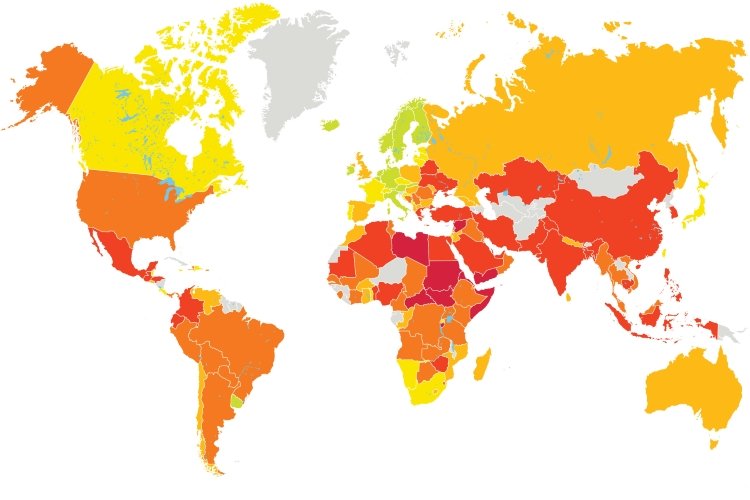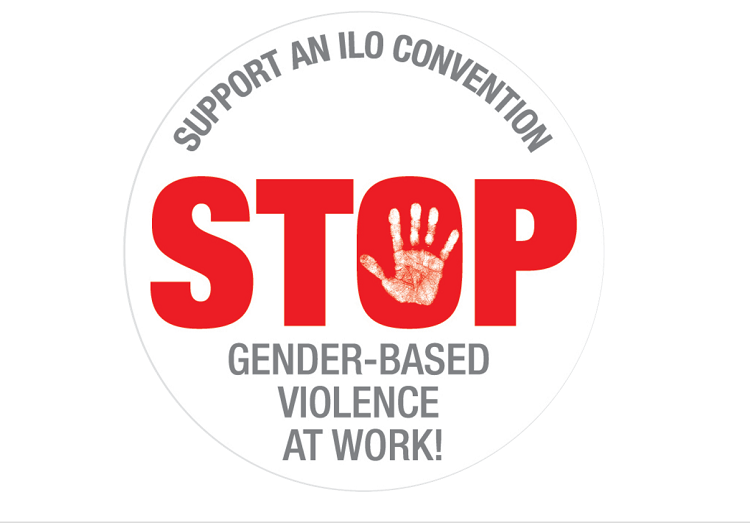Martin Myant, ETUI associate researcher, presented recent article about Western Europe MNEs in Central and Eastern European countries, outlining low wage and low cost business strategies that further exploit differences in labour conditions between “West” and “East” of the region.
Sharan Burrow, ITUC General Secretary, and Paapa Danquah, ITUC Legal Unit, introduced the global trade union campaign to ensure due diligence withing supply chains of MNEs, its work to promote UN guiding principles on business and human rights, to further advance legally binding instruments on UN, ILO and EU levels, as well as within national contexts.
Luc Triangle, industriAll European Trade Union General Secretary, presented campaign to promote collective bargaining in the MNEs subsidiaries in Eastern European countries, examples of joint actions of unions in countries where specific MNEs operate, new challenges and opportunities that COVID-19 led supply chain reshuffling and just transition imperatives bring to the unions of the manufacturing sector.
In discussion the participants raised several areas for the PERC to follow up, inter alia, in consultation with the Global Unions and European Trade Federations, particularly:
![]() To work to ensure more conducive environment for trade union organising and collective bargaining.
To work to ensure more conducive environment for trade union organising and collective bargaining.
![]() To focus on unfair taxation policies in CEE countries that benefit MNEs and capital at the expense of local SME producers and workers.
To focus on unfair taxation policies in CEE countries that benefit MNEs and capital at the expense of local SME producers and workers.
![]() To build trade union awareness about due diligence principles and to facilitate adoption of normative frameworks – on national and international levels;
To build trade union awareness about due diligence principles and to facilitate adoption of normative frameworks – on national and international levels;
![]() To extend the fair wages campaigns in the region to expose imbalances and wage disparities within MNEs networks, facilitated by low wage policies of the governments in Eastern countries, both in terms of inadequate minimal wages and depressed collective bargaining;
To extend the fair wages campaigns in the region to expose imbalances and wage disparities within MNEs networks, facilitated by low wage policies of the governments in Eastern countries, both in terms of inadequate minimal wages and depressed collective bargaining;
![]() To advance just transition agenda within trade unions of the East, driven by climate change imperatives and the technological advances, making sure that renewed industrial policies regional development has proper engagement of workers and their unions and serve promotion of decent work and quality employment;
To advance just transition agenda within trade unions of the East, driven by climate change imperatives and the technological advances, making sure that renewed industrial policies regional development has proper engagement of workers and their unions and serve promotion of decent work and quality employment;
![]() To facilitate solidarity actions and campaigns in support of trade union organising and collective actions for better pay, health and safety and respect of fundamental workers rights.
To facilitate solidarity actions and campaigns in support of trade union organising and collective actions for better pay, health and safety and respect of fundamental workers rights.


